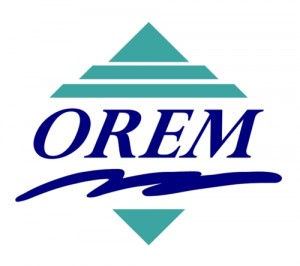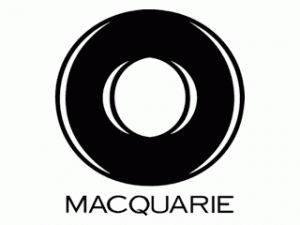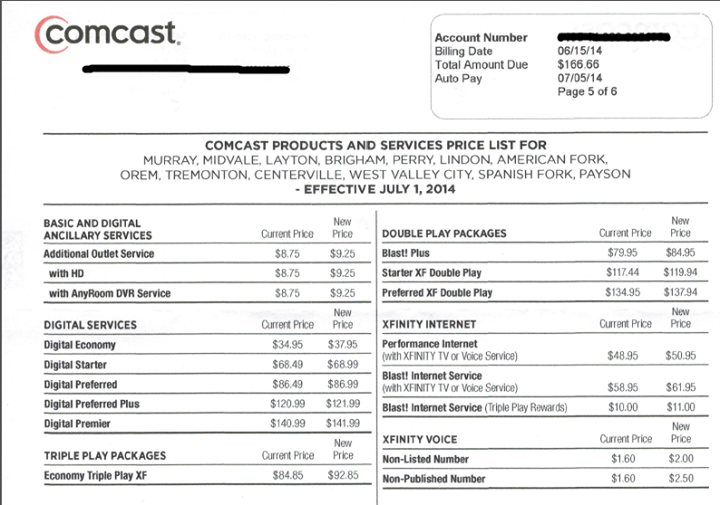- Broadband Bytes for 2014-06-20 http://t.co/2Mcl35QWDs ->
- The Standard-Examiner reports on the Brigham City vote. http://t.co/Tr2JWhMhsn ->
- Competition is the problem. Net neutrality is just the canary in the coal mine. http://t.co/SHVCUFpS4P ->
- If the ICANN split finishes this decade, I'll be surprised. http://t.co/EOTEvj2laf ->
- The Macquarie deal is the best offer cities are going to get, but they can still make it better. http://t.co/0wyAQQ2JfL #utpol ->
- Your wait for Google Fiber may be longer than your lifespan. Seriously. http://t.co/NVbSxcXgTm ->
- Not just the landline: big telcos are hanging up on wired broadband too. http://t.co/AYErBcNAvd ->
- Telecoms are winning the spending war for lobbying. http://t.co/o6B44N2AMC ->
- The Salt Lake Tribune endorses saying yes to proceeding with Macquarie Milestone Two. http://t.co/87fNJs63c7 #utpol ->
- The Murray and Centerville votes on the Macquarie proposal to UTOPIA are tonight. http://t.co/1aoSlZmk1W #utpol ->
- Centerville's committee of residents did an exhaustive report on the options for UTOPIA [PDF]. http://t.co/oNnHsvfFDW ->
- Not just Lindon: Vivint is trying to sabotage the Macquarie deal in Orem too. http://t.co/oAtRZNKtov ->
- What's Utah doing for broadband? Go view the report for your region of the state to find out. http://t.co/YCPPnYyXjl #utpol ->
- Murray bails on the Macquarie proposal to UTOPIA. #utpol http://t.co/Ct1S0Mlf8b ->
- Centerville joins Murray in passing on Macquarie's proposal for UTOPIA. #utpol http://t.co/pyq5c7YxWg ->
- City councils that rejected Macquarie have something in common: they ignore the revenue potential of the deal. http://t.co/lL0IllHzQA ->
- Mayors hate Internet fast lanes too. http://t.co/MrzvIXL9J4 ->
- I'll be picking apart the FUD on muni broadband today at noon MDT on Gigabit Nation. http://t.co/65PMWVw0YL ->
- Aereo is banned by the Supreme Court. http://t.co/5DKri5kLd9 ->
- Former Provo Mayor Lewis Billings slams the Utah Taxpayers Association as a front group for big telecom. http://t.co/Rf6V1RpUKr #utpol ->
- AT&T will save a lot of money by buying DirecTV. But you? Not so much. http://t.co/xywdc3Fnva ->
- The Orem and Perry votes on the Macquarie proposal to UTOPIA are tonight. http://t.co/p9Ef4uxZpi #utpol ->
- The Utah Valley Chamber of Commerce endorses the Macquarie deal. http://t.co/zPg3c4CAbN #utpol ->
- The first ones using fast lanes? Advertisers. Of course. http://t.co/NmL9grdKS7 ->
- One more voice in the "we need competition, not net neutrality" chorus. http://t.co/hiwsYNvc7p ->
- Orem passes on Macquarie's offer for UTOPIA. #utpol http://t.co/s9A5WWFFiC ->
- Here's the DNews' article on Orem's Macquarie vote. http://t.co/DffzoQQZNF ->
- BREAKING: Perry says yes to Macquarie by a unanimous vote #utpol http://t.co/JWcjgSdgir ->
- Anti-UTOPIA bills don't just come out of thin air, you know. http://t.co/jgkghnpaNB ->
- Six strikes is being used against you. http://t.co/hRKdgHl1Zf ->
- The Daily Herald's article on the Orem vote. http://t.co/tElOzwyQt1 ->
- Need a primer on UTOPIA's history and options? Here's one I wrote for Utah Politico Hub. http://t.co/ya1o3wKEyq ->
Subscribe
Follow Us!
Upcoming Events
Nothing that I know of. If you know of something upcoming, drop me a line so I can get it posted.
FreeUTOPIA Podcast
The podcast is currently on hiatus.
Visit the Show Page on BlogTalkRadio!Recent Comments
- Ray on FreeUTOPIA! FAQ
- Dolores Hansen Nelson on A Broadband Moonshot for Utah
- Anonymoose on West Valley City announces partnership with Ooma to provide free phone service to all residents
- Jesse on West Valley City announces partnership with Ooma to provide free phone service to all residents
- Jesse on Further UTOPIA Installation Details
Fiber Advocates
Important Sites
Networks
Categories
Tag Cloud
#utpol AT&T Brigham City Broadband Bytes broadband stimulus Broadweave Centerville CenturyLink Comcast competition DOCSIS 3.0 FCC FIOS FTTN google Google Fiber Hulu iProvo Layton Macquarie Mstar Netflix Nuvont Orem Perry Podcast Prime Time Communications Provo Qwest SAA service providers Sprint Time Warner Tremonton U-CAN UIA Utah Taxpayers Association UTOPIA Veracity Veracity Networks Verizon VoIP West Valley City WiMax XMissionCopyright Notice

This work is licensed under a Creative Commons Attribution Noncommercial Share Alike 3.0 United States License.











